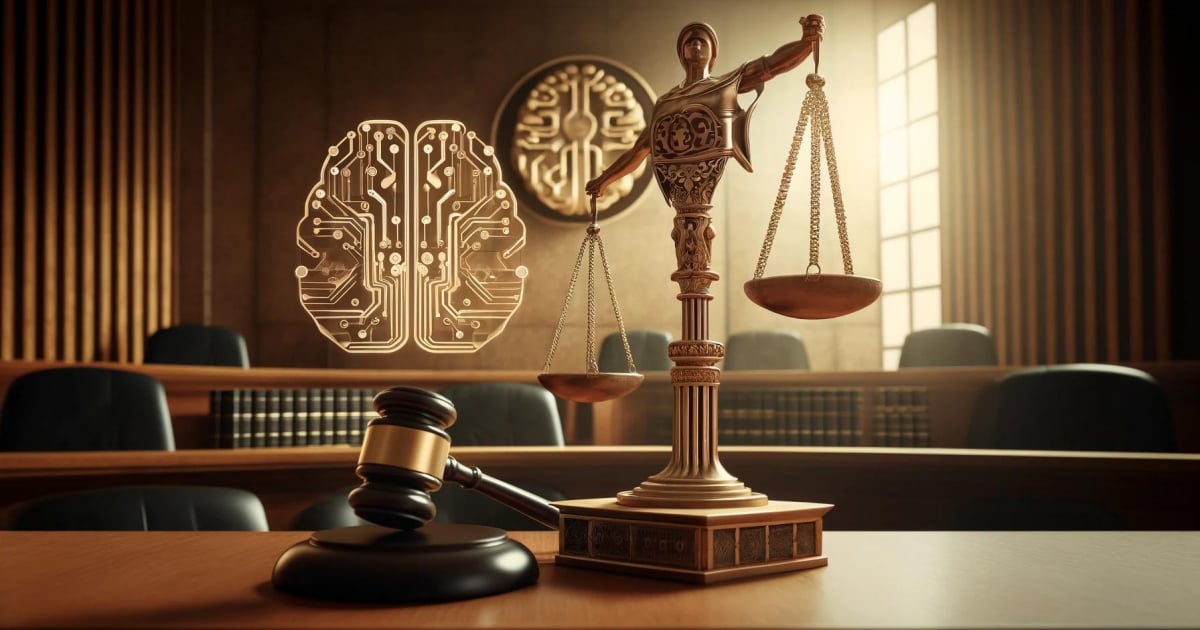
We asked ChatPT to analyze Cuba's 2019 constitution, regarding what is expected from a constitution or "law of laws", their response was forceful:
The "constitutionality" of a constitution, such as Cuba's 2019, is assessed primarily in terms of how it defines and organizes state power, individual freedoms, and citizens' rights. This analysis can be done by contrasting said constitution with general principles of internationally recognized constitutional law, such as the separation of powers, respect for human rights, and mechanisms of democratic participation.
1. Separation of Powers
Expectation: A constitution typically establishes a clear separation between legislative, executive, and judicial powers to prevent concentration of power and ensure a system of checks and balances.
Constitution of Cuba 2019: The separation of powers is nominal, given that the Cuban Communist Party (PCC) controls all levels of government and there is no judicial or legislative independence in practice. The CCP is described as the "top leading force" of the state and society.
2. Human Rights
Expectation: Modern constitutions typically incorporate and respect fundamental human rights, including civil liberties such as freedom of speech, assembly, and the press.
Constitution of Cuba 2019: Although it recognizes certain economic and social rights such as education and health, It significantly restricts political and civil liberties, conditioning these rights not to contravene the principles of socialism. This limits freedom of expression, of the press and of association.
3. Democratic Participation Mechanisms
Expectation: A democratic constitution facilitates citizen participation in government, allows free and fair elections, and offers mechanisms for citizens to express their political will.
Constitution of Cuba 2019: Elections in Cuba are organized under the control of the PCC, and all candidates must be approved by organizations affiliated with the party. Although voting is technically allowed, it does not offer real political competition or alternation in power.
Conclusion
Cuba's 2019 Constitution formally meets the requirement of being the country's "law of laws," establishing the legal and political framework under which the government operates. However, regarding the expectations of a constitution in a democratic and pluralistic context, deviates significantly from these principles. It is designed for sustain and legitimize the one-party socialist system, limiting key aspects of democratic governance and the protection of human rights as recognized in many other parts of the world.
Comparatively, if we look at the expectations set by constitutions in liberal democracies, such as the French one, that promote the separation of powers, an independent judicial system, and broad civil and political liberties, Cuba's 2019 Constitution does not meet these standards. Restrictions on political practice, the lack of plurality in the single-party system, and the limitation on judicial independence are aspects that would not be expected from a constitution that grants full rights to its citizens.
What do you think?
COMMENTFiled in:
opinion article: The statements and opinions expressed in this article are the exclusive responsibility of its author and do not necessarily represent the point of view of CiberCuba.